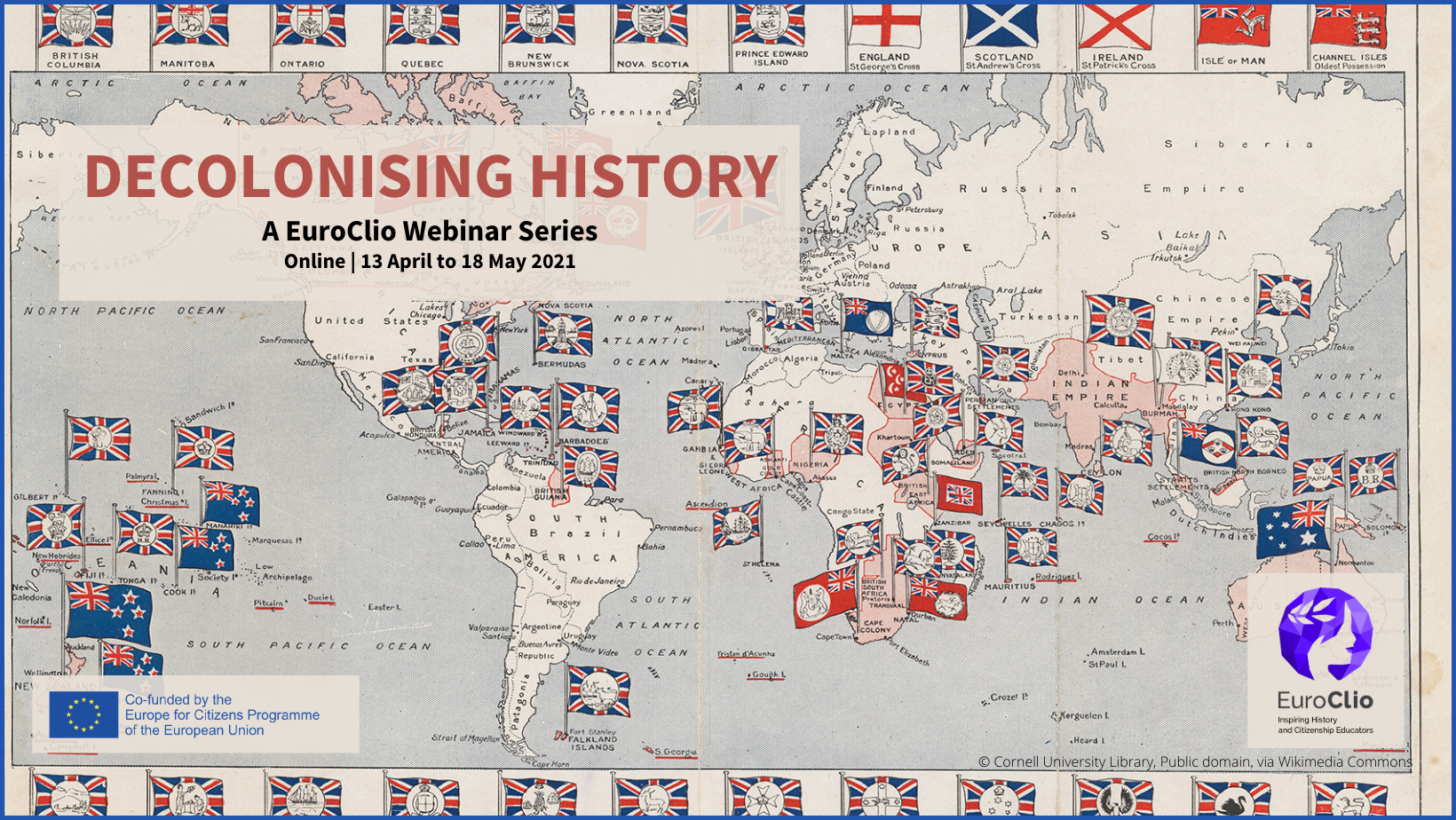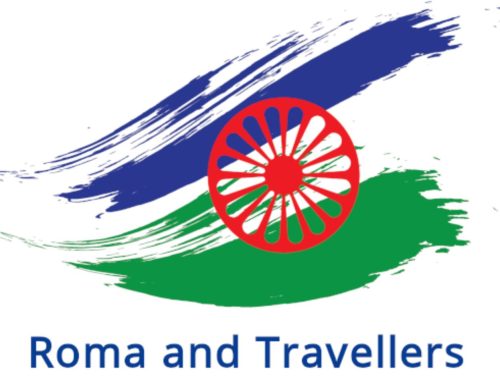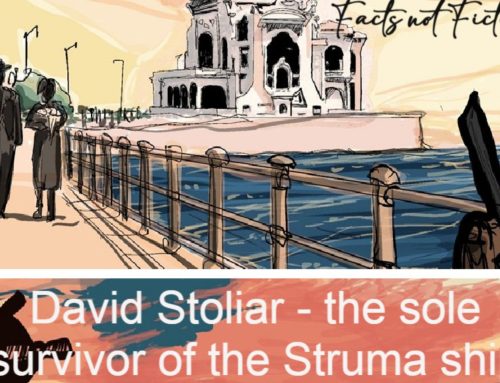In April and May 2021, EuroClio hosted a webinar series titled “Decolonising History”, over a five-week period. Sessions took place once a week either on a Friday or on a Tuesday. The webinar series included a keynote lecture, four active workshops, and a final feed forward and exchange session. Mid-series, an additional panel discussion was organised on Saturday 15 May. The webinar series was based on acknowledging our colonial past, examining how it is present in the current curricula, and what role it plays in history and citizenship education.
During the keynote lecture, a Padlet was introduced. In this Padlet, participants could write about practical steps one can take to decolonise the curriculum. The contents of the Padlet can be categorized into four subgroups:
- Resources
-
- In order to teach about colonisation and its effects diversely, resources are needed. For example, a database from which educators can pick specific topics, would be helpful. Finding resources from multiple sources is time consuming, and often one does not know where to start;
- Using primary sources of colonised societies;
- Creating a glossary of decolonisation definitions;
- Using maps that are not eurocentric;
- Discover and include non-European pedagogies in education.
- Practice what you preach
-
- Decolonising the curriculum is about multiperspectivity. In order to show how this is important, it has to be a part of the whole lesson. Providing multilingual resources for multilingual classrooms, and encouraging students to show their differences, is crucial.
- Engaging with students
-
- Discuss with students about current education, and see how they feel about it. Does it fulfill their needs? Are there topics that should be covered, but are currently not focused upon? How does education promote eurocentrism?;
- Promote critical thinking in the classroom. Make it known that this is only one perspective, and discuss with students how it affects the content.
- Promote locality
-
- Discuss and educate about colonisation on a local level. What is our local history and how has colonisation shaped and affected it?;
- Acknowledging one’s role in colonialism and discussing its implications.
You can read the whole report here












